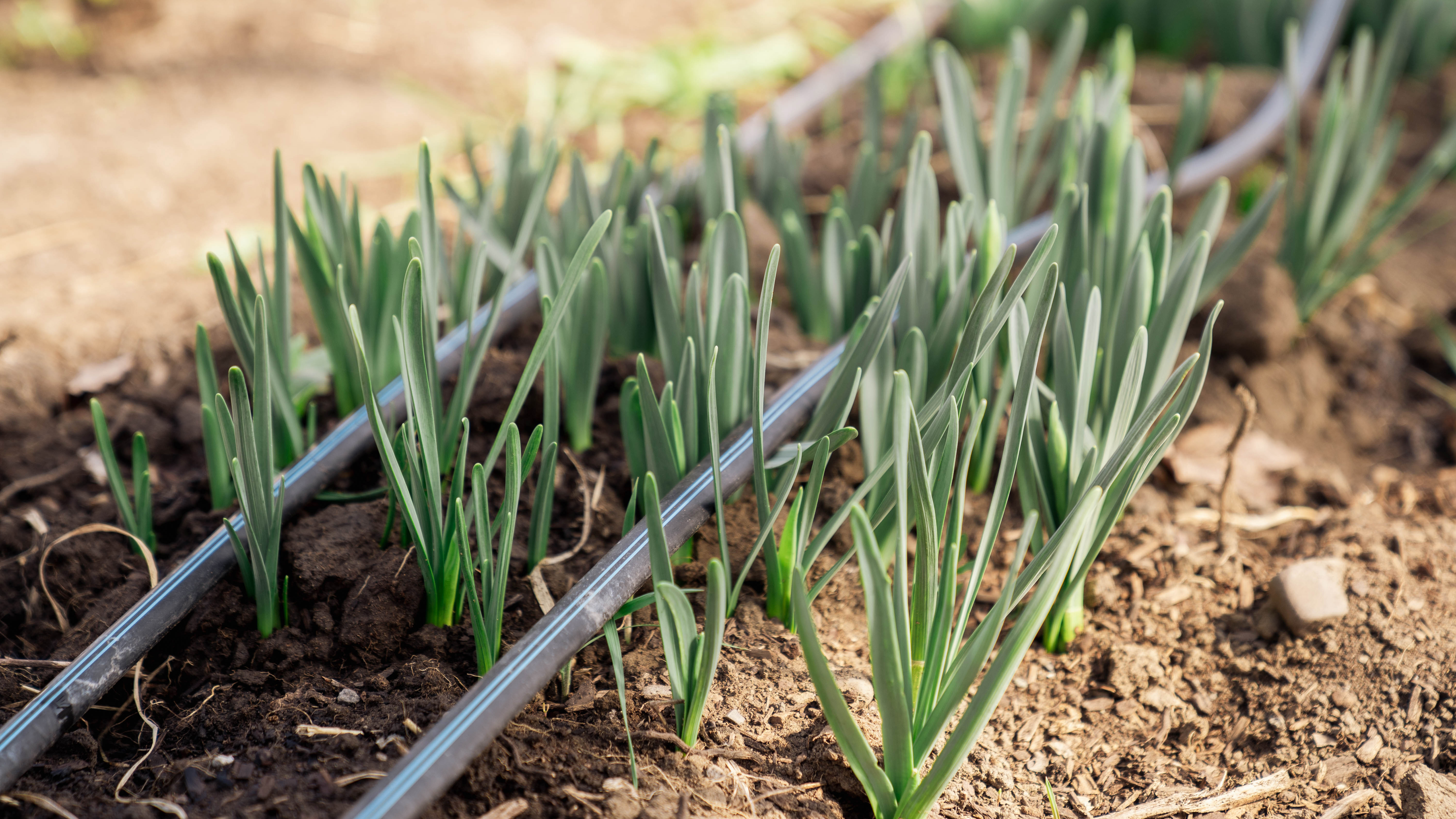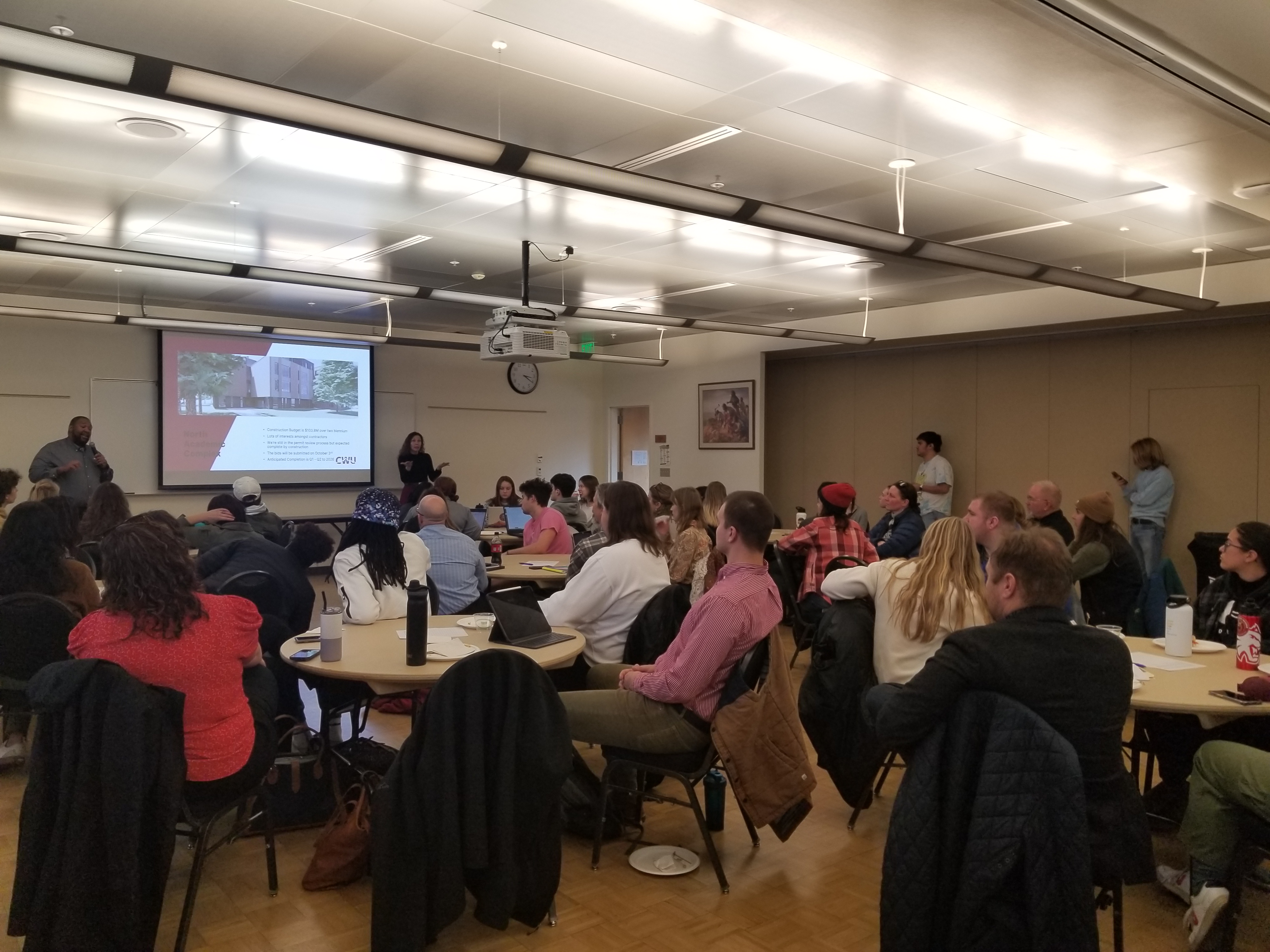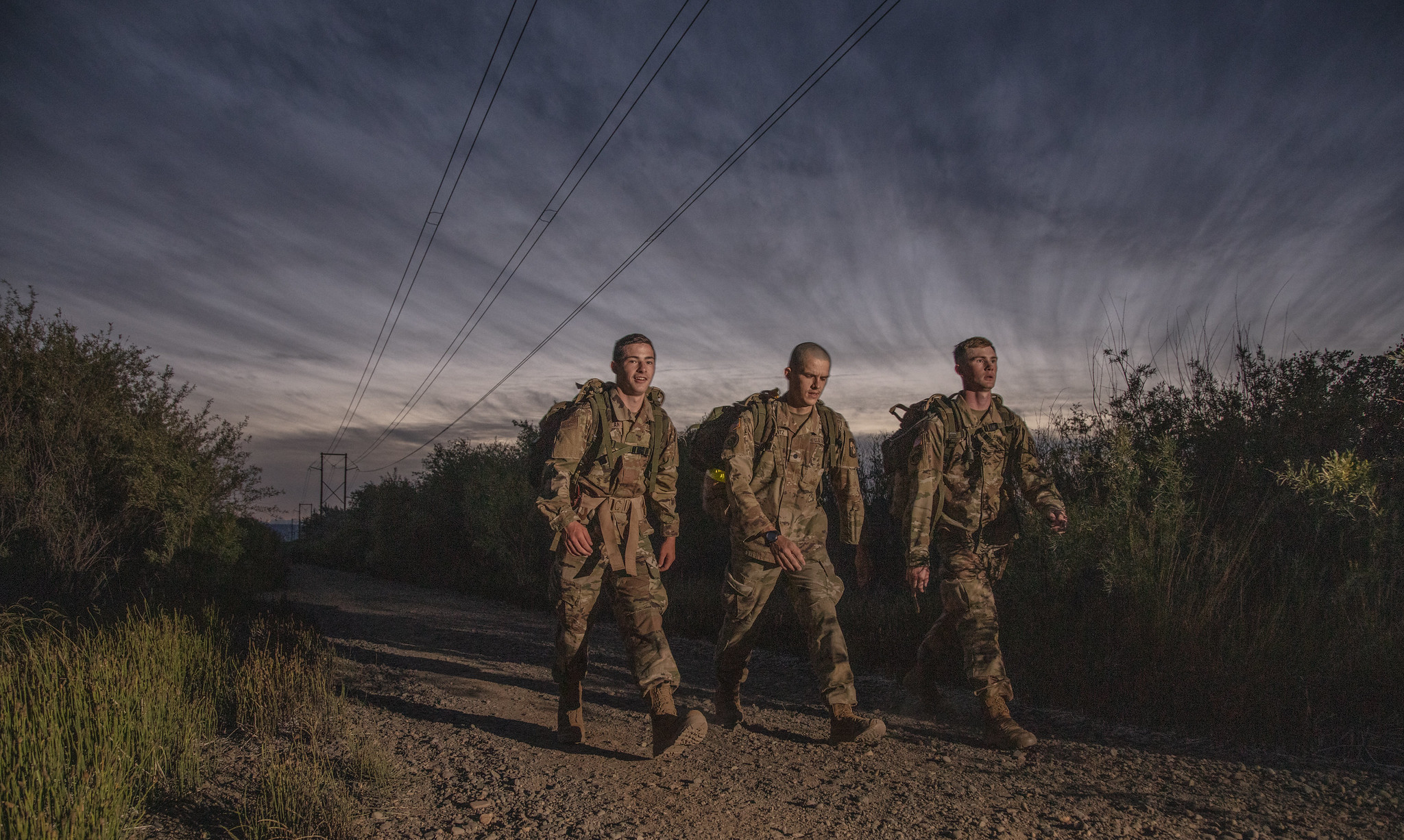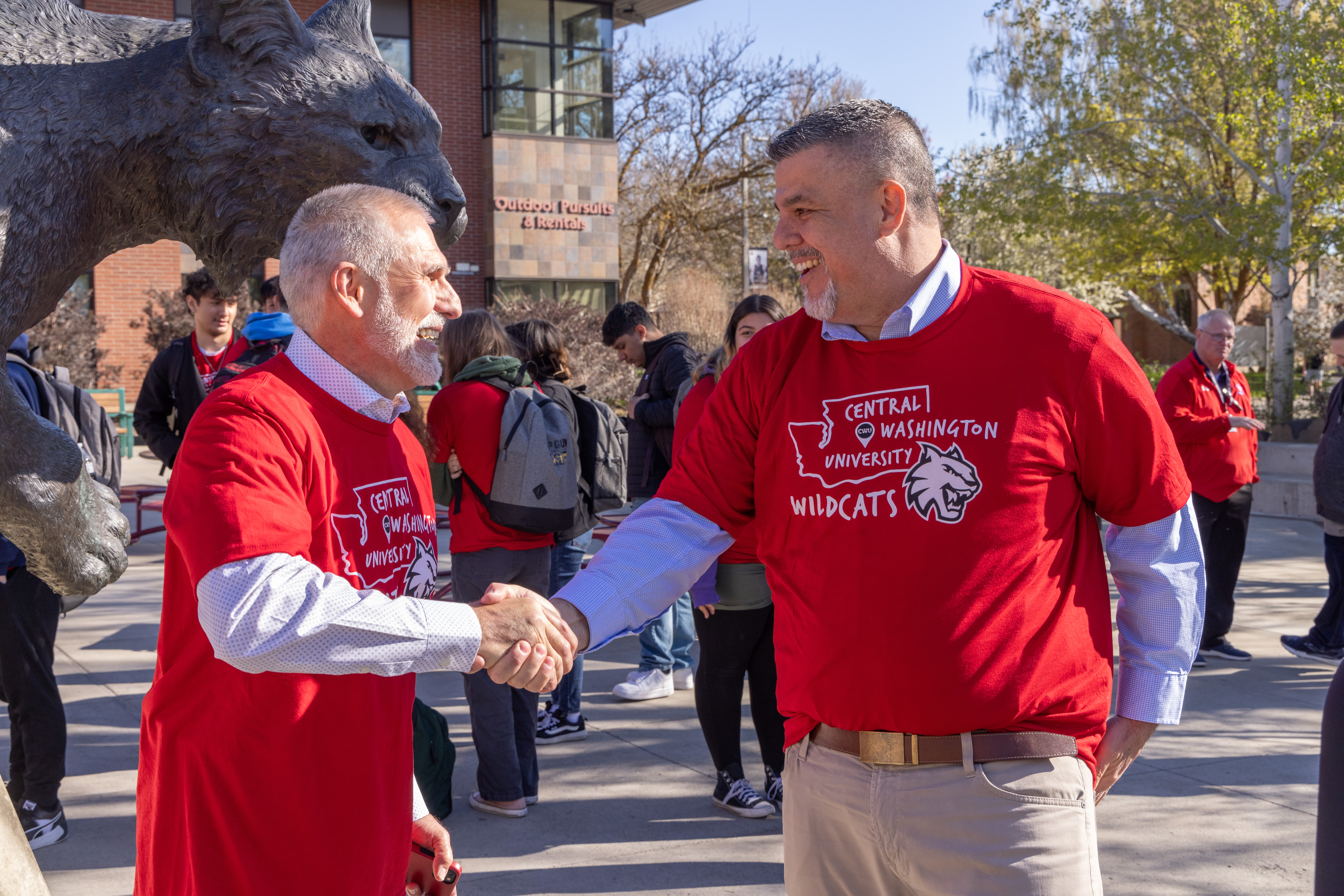
CWU Sustainability
CWU Sustainability Updates
Status of CWU's Climate Change Action Plan
CWU’s Climate Change Action Plan (CAP) has been finalized, which will serve as the university’s strategic roadmap to becoming a zero-carbon campus no later than 2050. CWU's CAP is currently being designed as a flip book and will be distributed across the community no later than April 30th, 2024.
Per CWU’s Institutional Strategic Plan, CWU is committed to developing and implementing our first-official, university-wide CAP, which will serve as a holistic roadmap to decarbonize CWU’s infrastructure and operations, develop impactful sustainability programming for the campus community, advance environmental justice, and prepare our students for successful careers. Additionally, CWU is committed to integrating sustainability into university-wide curriculum to provide students with the knowledge, skills, competencies, and values necessary to shape an equitable and sustainable future.
The CAP focuses primarily on priorities, goals, strategies, and actions to be accomplished before the end of 2030. The CCAP is comprised of objectives and strategies across 11 focus areas, including energy, transportation, built infrastructure, and education/curriculum.
-
Review CWU's Draft Climate Change Action Plan (the final flip book design will be made available by late April 2024)
-
Don't have time to read a 50-page draft document? Review CWU's Climate Change Commitments Summary.
-
We appreciate your feedback regarding CWU's CAP. Please complete this questionnaire!

Director of CWU Capital Planning and Projects, Delano Palmer, presents at a CWU Sustainability Forum during the fall quarter of 2023.
CWU's Committment to Sustainability
Core Value #3: Stewardship: Central Washington University advances environmental, social, and economic sustainability in ways that support an ecologically and socially just world, and that honor the Indigenous peoples who have resided here since time immemorial and who continue to reside here. We nurture our internal talent through professional development opportunities, coaching and mentoring, and accountability enacted with care and compassion.
Initiative 1.1: Develop and implement a comprehensive, university-wide Sustainability & Climate Change Action Plan, which incorporates environmental, social, and economic considerations into university operations, infrastructure, and academic programs in collaboration with the local community.
Initiative 1.2: Integrate sustainability into university-wide curriculum to provide students with the knowledge, skills, competencies, and values necessary to shape an equitable and sustainable future.
CWU Vision: Central Washington University will be a model learning community of equity and belonging.
CWU Mission: In order to build a community of equity and belonging, Central Washington University nurtures culturally sustaining practices that expand access and success to all students. We are committed to fostering high impact practices, sustainability, and authentic community partnerships that are grounded in meaningful relationships.
CWU News

CWU Army ROTC to host nighttime Norwegian Foot March this Friday
May 1, 2024
by Rune Torgersen

Grant-funded Limitless network brings Yakima students to CWU
May 1, 2024
by Rune Torgersen